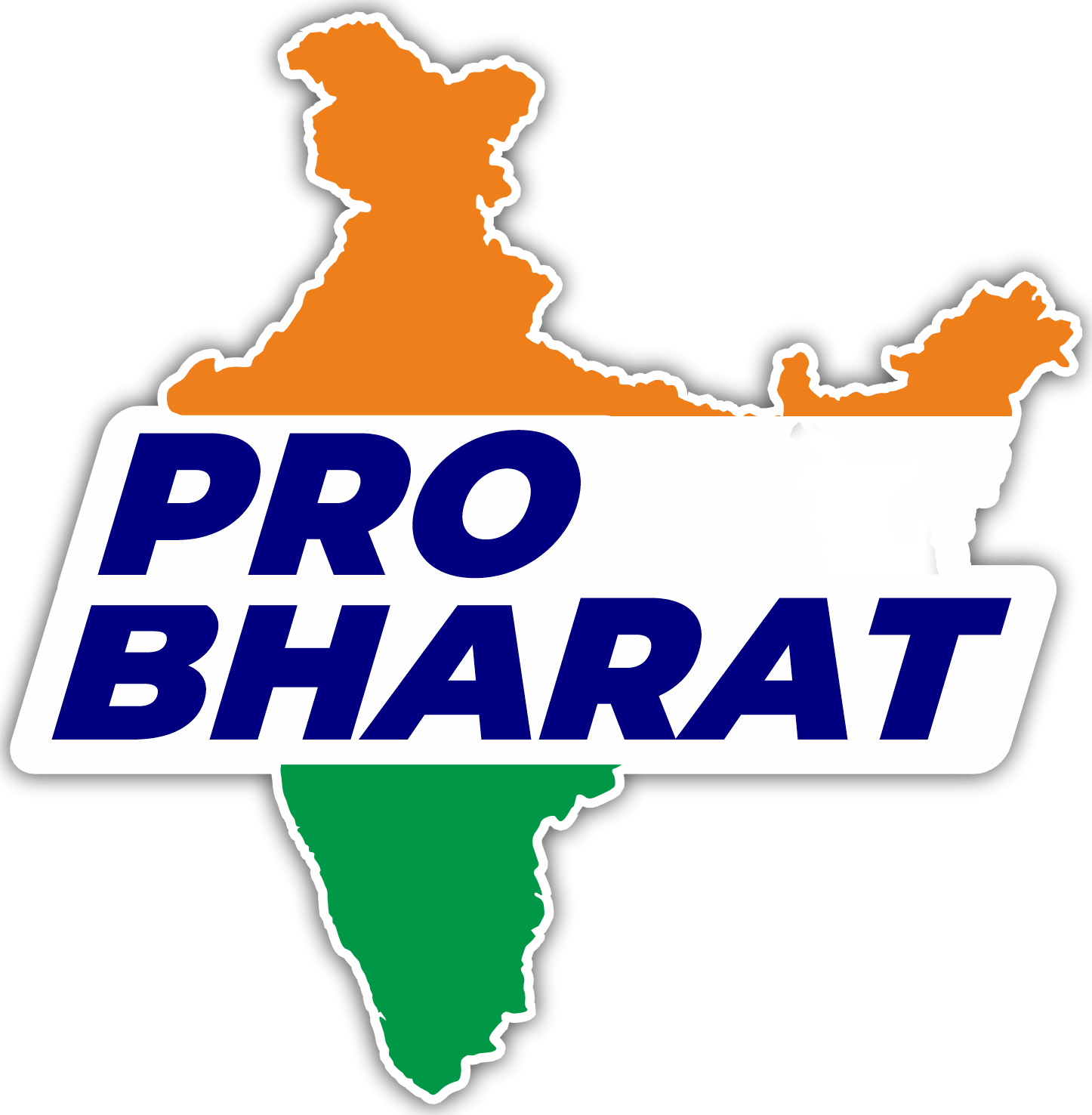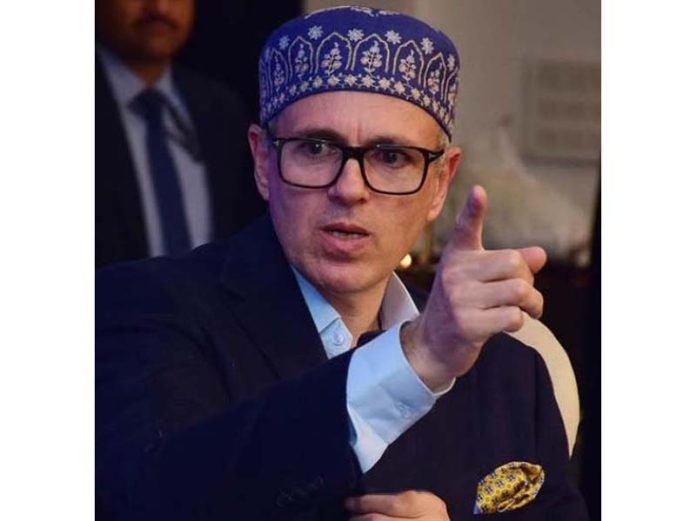Chief Minister Omar Abdullah acknowledged the ongoing financial challenges facing the Union Territory, admitting that the state’s coffers are currently “empty.” However, he expressed confidence that the central government, led by Prime Minister Narendra Modi and Finance Minister Nirmala Sitharaman, would continue providing necessary financial assistance, just as they had done for the Lieutenant Governor’s administration.
In a recent interview, Omar Abdullah, who also holds the finance portfolio, elaborated on the UT’s current financial situation, stating, “We need help from the Government of India. The Prime Minister and Finance Minister have assured their continued support, just as they did under the LG’s administration.” He emphasized that while external support is crucial, the UT must also work towards self-sufficiency.
Local Body Elections: “Are You Not Tired of Elections?”
The upcoming local body elections have been a topic of intense discussion. When asked about the timeframe for elections, Omar Abdullah responded with a pointed question: “Are you not tired of elections? We had two major elections just last year.” However, he assured that whenever the elections are held, the National Conference (NC) will be ready.
A Call for Restoration of the Upper House
The Chief Minister strongly advocated for the restoration of Jammu and Kashmir’s Upper House, arguing that there is currently no representation for Kashmiri Pandits, Christians, and minorities like Sikhs and women. “The Upper House is essential for ensuring all communities have a voice in the legislative process,” he added.
Dual Control and the Struggles of Being a UT
Omar Abdullah, while acknowledging the dual control in the administration, explained the limitations he faces as a Chief Minister in a Union Territory (UT), as opposed to when he was in charge of the state. The power to make key decisions has largely shifted to the Lieutenant Governor, especially concerning law and order, civil services appointments, and cabinet approvals. Despite these challenges, he remains hopeful that this situation will not persist for long.
“While we have the powers to transfer JKAS officers, transfers of IAS and IPS officers are decided by the Raj Bhawan,” Omar said, noting the shifting power dynamics post-August 5, 2019.
Statehood Restoration Still on the Agenda
Omar Abdullah remained optimistic about the eventual restoration of Jammu and Kashmir’s statehood, a promise made by the Prime Minister during his recent visit for the Z Morh tunnel inauguration. He reiterated the NC’s commitment to this cause, stating, “We are after this (statehood) and we will take it.”
Despite the ongoing challenges, Omar confidently declared, “The UT status is not going to last forever. We will get statehood back.”
Financial and Development Challenges
The financial situation in Jammu and Kashmir continues to be a concern, with Abdullah pointing out that high AT&C losses in the power sector (currently 50-55 percent) are a major hindrance. “We need to reduce these losses, and we are committed to ensuring that deserving individuals get free power units.”
On development, the Chief Minister noted that the imposition of the Model Code of Conduct during elections slowed down the pace of infrastructure projects. However, he assured that progress would pick up in the last quarter of the financial year.
Private sector investments are still limited to areas along the National Highway, and Omar Abdullah emphasized the need to diversify investments into other sectors such as agriculture, tourism, and horticulture to reach the people in remote areas like Pulwama, Shopian, and Doda.
Challenges on National Legislation: Uniform Civil Code and Waqf Bill
Omar Abdullah also weighed in on national legislative issues, specifically the Uniform Civil Code (UCC) and the Waqf (Amendment) Bill. Reacting to Uttarakhand’s implementation of the UCC, he stated, “Let them do what they want to do till a law is enacted for the country. Finally, it is Parliament which will decide on this and not individual UTs or States.”
As for the Waqf Bill, he pointed out that discussions were still ongoing in the Parliamentary Committee, and no law had been enacted yet.
Conclusion
As Jammu and Kashmir navigates its financial difficulties and the uncertainties of its political status, Chief Minister Omar Abdullah remains focused on securing both central support and long-term solutions for the people of the Union Territory. His leadership continues to shape the future of the region, with promises of progress, statehood, and a better standard of living.




